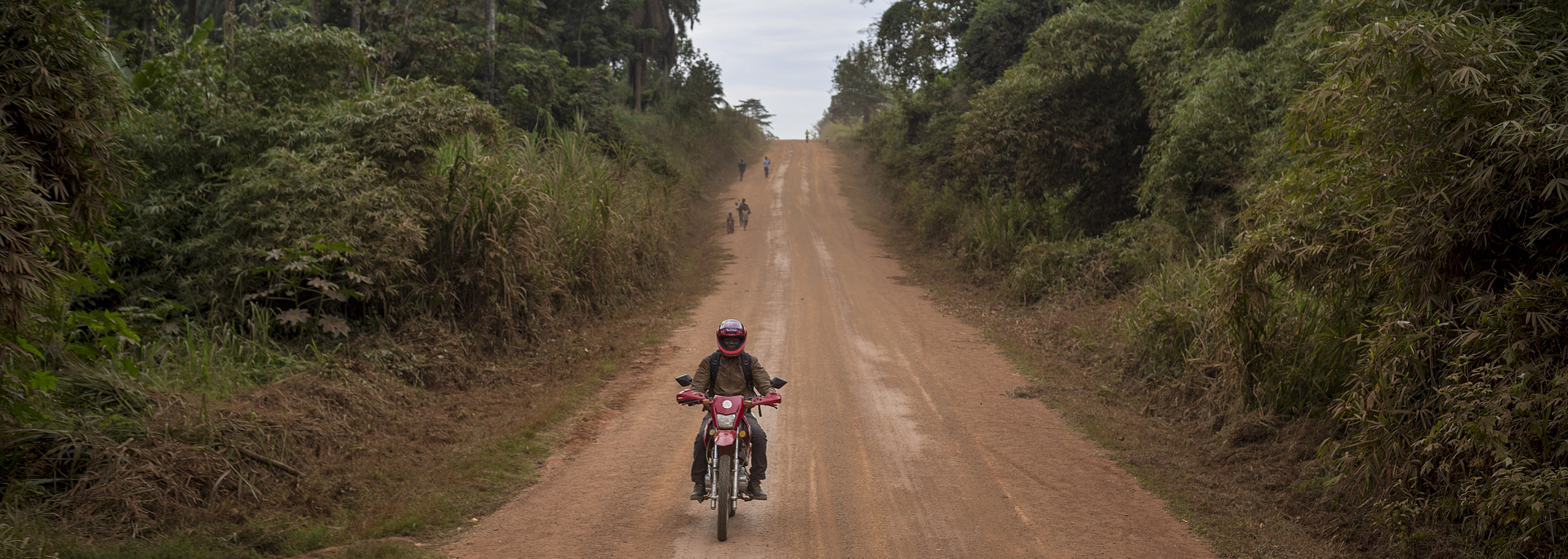
Illicit Trade and Financing
In many contexts, current laws and policies contribute to new or existing systems that enable natural resource mismanagement. In some cases, regulations that ensure equal access to natural resources while upholding environmentally sustainable practices don’t exist at all.
Transforming how natural resources are managed starts with ensuring the right policies and laws are in place.
We want to ensure laws are developed that strengthen supply chain transparency, end illicit trade and financing, and provide for gender equality and responsible environmental stewardship.
What do we mean by illicit trade?
Illicit trade is the extraction, production, and trade of natural resources that fails to comply with laws or regulations. This includes smuggling natural resources, falsifying or counterfeiting supporting documentation, and failing to pay taxes on natural resources.
What do we mean by illicit financing?
Illicit financing—also known as illicit financial flows—is the illegal flow of money or assets, such as diamonds or gold, between countries. This includes evading taxes, laundering money, or having smugglers carry cash across borders.
What is a driver of illicit trade?
Drivers are systemic problems that set the stage for the mismanagement of natural resources. Examples include corruption, money laundering, poor border controls, and—depending on the context—taxes on natural resources that are too high or too low.

We Reveal
We investigate the drivers of the illicit trade of natural resources. We aim to understand how these drivers exploit vulnerabilities in natural resource management systems and to develop recommendations to address them.

We Innovate
Based on our research, we sensitize stakeholders including policymakers, to the drivers of illicit trade and how to address them. We provide technical guidance and capacity building to policymakers, the private sector, civil society, and local communities in order to develop strategies to address illicit trade.

We Engage
We advance multi-stakeholder dialogue to identify drivers of illicit trade and to develop strategies to address these drivers.
